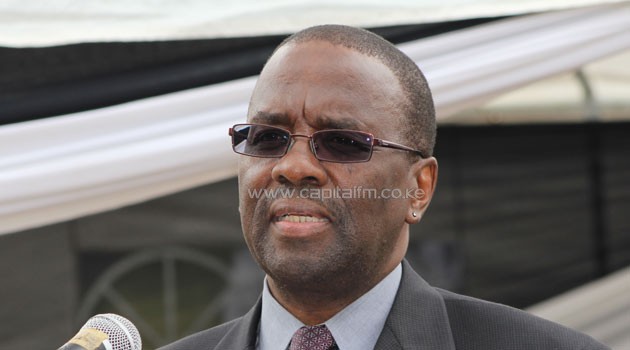
The two organs acknowledged the need to outline the role of each Arm of Government, to avoid conflict which affects service delivery/FILE
The two organs acknowledged the need to outline the role of each Arm of Government, to avoid conflict which affects service delivery.
“Since the promulgation of the Constitution of Kenya 2010, the Senate and the Judiciary have engaged each other out of necessity often as each other’s client and hardly ever as two organs of State commanded to find common ground in how best to realise the aspirations of the people,” stated Chief Justice Willy Mutunga.
The meeting which was attended by various judges and over 20 Senators had been convened after the Senate raised alarm over the various court injunctions and rulings issued by the courts which ended up undermined the role of the Senate which has affected the ability to discharge its constitutional mandate.
READ High Court blocks Senate from summoning governors
“We are inviting the Judiciary to understand the kind of thinking that the Senate and by extension Parliament has in terms of our own mandate. We would like to invite the Judiciary to truly help us obey the court orders; we would like to obey them and we will obey them but you will have to help us,” said Senate Speaker Ekwee Ethuro.
The Senate had accused the courts of interfering in its mandate in some of the rulings it has issued against the Senate’s own. For instance, even after the impeachment of Embu Governor Martin Wambora by the Senate, the court went ahead to reinstate him, and in the most recent case of Makueni Governor Kivutha Kibwana where he sought orders barring the Senate from discussing his ouster, which then contradicts the constitutional timelines which stipulate how long a matter should take before it is determined.
READ Senate in a dilemma over court orders vs law
Chief Justice Mutunga acknowledged the fact that in a democracy there was bound to be conflict, however insisting that as long as the issues did not result in the undermining of the role of another organ, then the process of resolution would result in meaningful engagement.
“One cannot pretend that there will not be moments of friction and difference. We must check each other in a manner that does not undermine our respective functions or in a manner that offends the Constitution or in a manner that shouts down the other organ when it does its job,” said Mutunga.
He insisted that those saying there were supremacy wars between the Senate and the Judiciary were misinformed as the two organs were merely interpreting their roles according to their own understanding.
On his part, Speaker of the Senate Ethuro maintained that Senate has been keen on consulting with the courts, however urging the Judiciary to also consider the decisions it has been making against them with respect to court orders.
While making his address, Clerk of the Senate Jeremiah Nyegenye cited examples of how conflict between the 10th Parliament and the National Assembly similar to what the Senate was undergoing was resolved in a bid to show that the teething problems were common.
“The separation of powers will prevail and succeed and government will be efficient when there is the recognition of each Arm of Government; respect for the constitutional mandate of every Arm of Government and restraint by the Arms of Government in dealing with each other,” Nyegenye said.









































